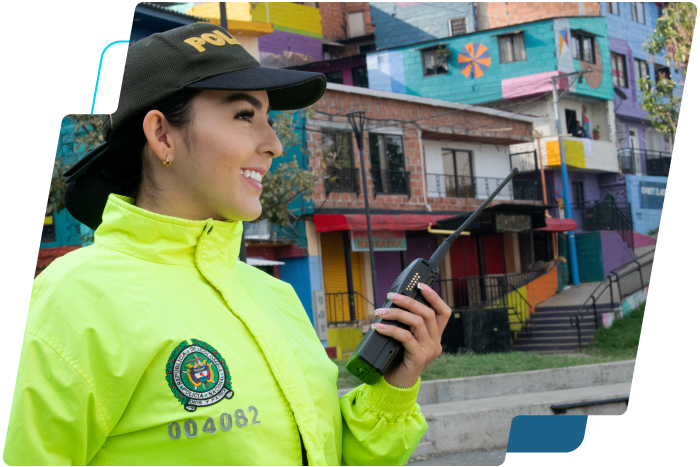U2 | L2 Interactive Resource
Page 02
Level C1
Narrating experience (medical or dental facility)

Traveling to a foreign country can be an exciting adventure, but it also comes with unexpected challenges—especially when it comes to health. After their unfortunate taxi experience, Maria and Tom became more cautious. However, life has a way of testing even the most careful travelers. A few days into their trip, Tom started experiencing severe tooth pain. At first, he tried to ignore it, hoping it would go away on its own, but by the third day, the pain had become unbearable.
Click on each item for more information
Describing Past Events and Experiences
When narrating experiences, especially medical ones, it is crucial to describe the sequence of events clearly. In their conversation with Dr. Herrera, Maria and Tom had to explain:
- When the pain started → “It started three days ago.”
- How it progressed → “At first, it was mild, but then it got worse.”
- What they had done to manage it → “Tom has been taking painkillers, but they haven’t helped.”
To express past experiences effectively, travelers need to use a mix of tenses:
- Past Simple → to describe completed actions (e.g., “He ate something cold, and the pain began.”)
- Present Perfect Continuous → to talk about actions that started in the past and are still relevant (e.g., “He has been suffering from pain for three days.”)
Providing Detailed Accounts
Dr. Herrera asked Tom several questions to better understand the situation. Here’s how Tom described his experience:
When narrating a medical experience, details matter. The more precise the description, the easier it is for the doctor to diagnose and treat the problem. This is why Maria and Tom needed to learn how to:
- Describe sensations accurately (It’s a sharp pain / dull ache / throbbing sensation).
- Use time expressions to indicate duration (since last night, for three hours).
- Explain actions taken (I tried rinsing with salt water, but it didn’t work).
The Importance of Clarity in Medical Narration
Maria and Tom quickly realized that their ability to narrate the situation clearly made all the difference. If they had been vague, saying only “Tom’s tooth hurts”, the doctor might not have understood the severity of the issue. Instead, by providing specific details, they ensured that Tom received the right treatment—a temporary filling to relieve the pain until he could see a specialist back home.
For travelers, knowing how to narrate medical experiences is crucial. Whether it’s a simple stomachache or an emergency, clear communication can mean the difference between suffering through pain and getting the right help.

